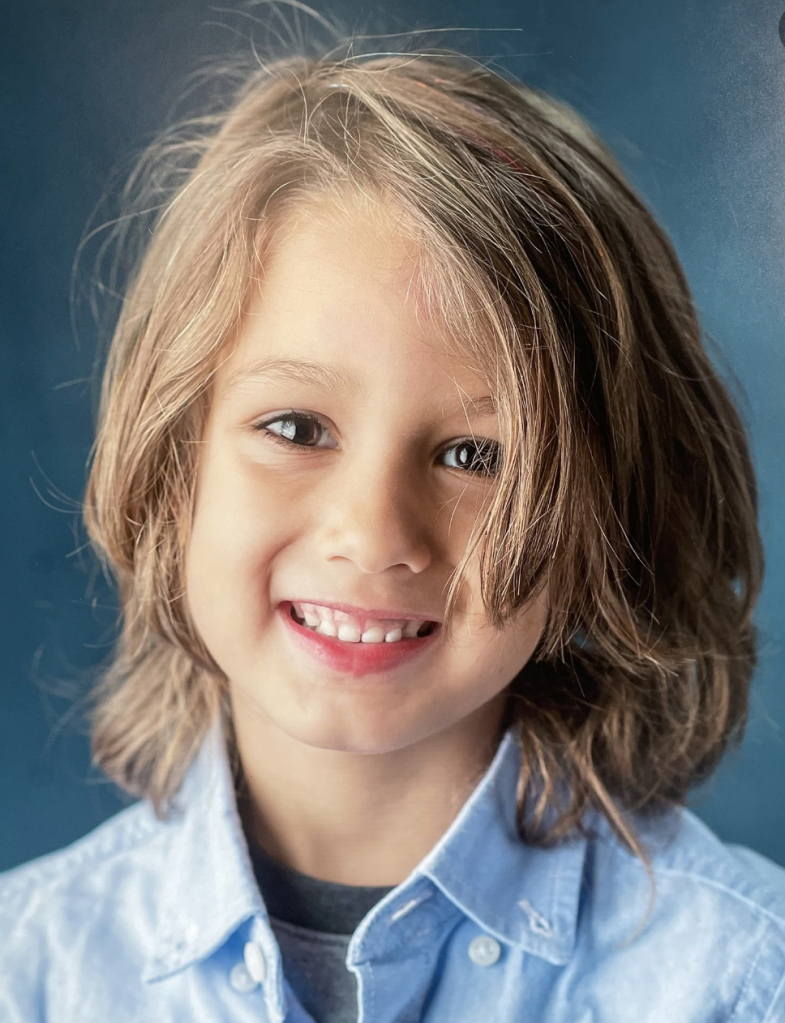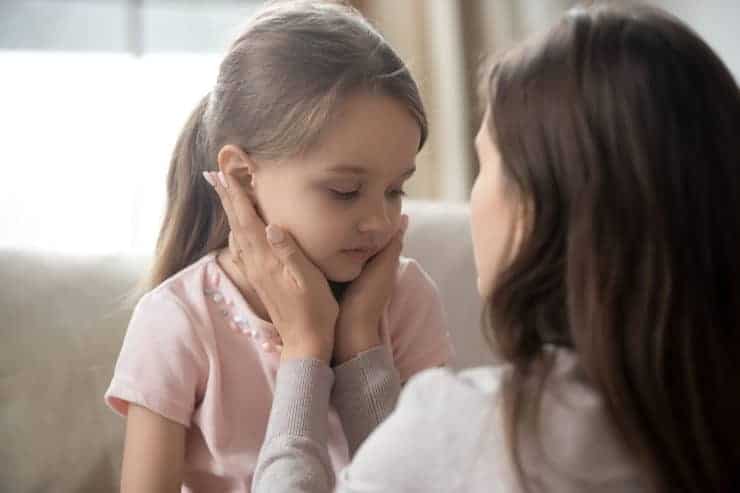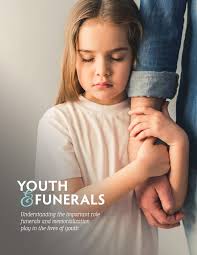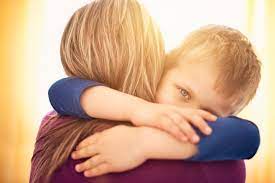Q&A with Clinical Assistant Professor, NYU School of Medicine Chrissy Salley Ph.D
In Loving Memory of Salvino Luis Ceballos – July 8, 2015 – June 3, 2023

Luke and Salvino were not great friends. They played together on occasion, they also fought on occasion, and they certainly had many laughs together. Whenever they would get into any arguments, me and Salvino’s Dad, Camilo, would just throw our hands in the air and say “let them work it out, they’ll be fine”, and they were. As they got older and more mature, Salvino and Luke got along better, and they would greet each other warmly on the streets whenever they saw each other.
On a bright and warm Sunday morning of June 4, I got a call from a friend telling me Salvino died suddenly. He was seven years old. A bit of my breath was taken away. I could not believe what I was hearing. The day turned into parents coming together trying to comfort each other, with lots of tears and figuring out what we could do to support Camillo and Anastasia, Salvino’s parents. The whole community came together in such a way I had never seen before. Go Fund Me was started, Meal Trains began, and flowers and candles were dropped off at Camillo and Anastasia’s wine shop in the neighborhood that everyone loves so much.

A memorial the following week was planned by many of the parents and family at the park that Salvino played at so often. It was truly a beautiful memorial. Everyone contributed something, even those that did not know the family or Salvino very well. Salvino’s Principal came and gave a heartfelt eulogy, Salvino’s drum teacher did a performance, friends and family told sweet and funny stories about Salvino’s life. There were kid stations set up where people could paint Salvino’s name on rocks and tote-bags. Children wrote notes and drew pictures in Salvino’s Memorial Book. There was music and face painting and ice-cream. It was a wonderful way to honor Salvino’s beautiful life.

Discussions kept coming up from parents about how do we talk to our kids about death, and the death of a child no less? Some parents decided not to tell their kids, some decided too. I made the decision to tell Luke. His response was a bit dismissive, and I just figured, this concept is too complicated for him to understand. Death is complicated even for adults to understand, how can a 6-year old understand it? About a week later, Luke said to me “Mommy, I’m going to write God a letter to make sure he is taking care of Salvino”. As I wiped a tear away, I realized he must have gotten the concept of death more than I had realized.

It certainly got me wondering on what parents should do in a distressing situation like this. I turned to Grief Counselor Dr. Christina Salley for some expert advice, and I hope it will shed some light. But no matter what a parent decides to do when there’s a death amongst friends or family, the best thing you can do is give your child a big, long hug.
Q. Is there an age or age range when children fully understand the concept of death?
During the preschool years, children begin to understand the concept of death and parents can begin telling their children about a loved one’s death at this time than younger ages. It is normal, however, for preschoolers to believe the individual will come back and to not fully grasp the finality of death.
By the time children reach elementary school they begin to understand the finality of death. Younger elementary aged children may still fantasize about the return of the deceased, but caregivers can re-iterate that the person is no longer alive and will not come back.
Q. What age should a child be allowed to go to a religious service such as a funeral/wake/Shiva, etc?
A. Toddlers or preschoolers require a lot of care and will not have the language skills to understand what is happening at a service. Therefore, it will require the caregiver to consider several factors before taking a very young child to a service. A service which is happening at an unfamiliar place (e.g., a church) where there is a lot of expressed emotion may confuse a young child. Other gatherings, such as families convening within a known home may feel relatively “normal” to the child. Caregivers should consider the environment, their ability to tend to their child’s reaction, and whether there is an available plan to remove the child if needed when making this decision.

Children who have entered elementary school should be offered the opportunity to talk with their caregivers about whether or not they will attend a service. Caregivers should explain, in plain terms, to the child exactly what to expect should they attend. Details including where the services will be, who will be there, what they can expect to see (including emotional reactions and the deceased person’s body) should be included. They should also know if there will be a separate room that they can stay in with toys or an electronic device for a part of or the entire duration of a service. Caregivers should refrain from assuming that the child (should not) attend the service as the child may not want to be alone in their grief. Understanding the child’s needs and preferences will inform the best decision.
Q. If they shouldn’t go or don’t go to a service for whatever reason, what is the best way for them to have closure?
A. There are many creative ways for a child to say “good-bye” without attending a service. These options may be more developmentally appropriate, comfortable, and satisfying for some than attending a service. The child can write a letter, draw a picture, say a prayer, plant a flower, donate money to a cause, or engage in any other meaningful activity. The activity itself does not matter so long it helps the child feel connected and gain closure.


Q. How should we talk to children about death, are there certain words we should avoid or use when talking about death?
A. Talk to children about death in plain terms. Use the words “died, death, dead” and explain this means the person’s body stopped working. Words like “passed away, not with us, sleeping forever” are vague and will leave the child questioning. Encourage the child to ask questions and explain that any way they feel is okay.
It is normal for adults to struggle with having these conversations. Books are an excellent way to help children learn and talk about death. For a list of books related to bereavement check here: https://courageousparentsnetwork.org/guides/bereavement-bibliography-2.
Q. Can you explain the grieving process of a child? Is it different if another child dies versus an adult who dies?
A. The grieving process of children often looks differently from that of adults. Sadness can be expressed as anger, behavioral outburst, or sudden mood changes, any of which may seem triggered by things unrelated to the death. Infants and very young children may be extra clingy and moody. There may be sleep disturbance, nightmares, accidents, or other behavioral regressions. They may worry that they may die or that another loved one may die. They may express physical symptoms such as stomach aches.
On the other hand, adults are often confused when children do not seem to express any sadness. They might feel like the child “doesn’t get it” or is not processing grief in a healthy way if they are moving forward and playing and laughing normally. This is okay and normal. Children process grief in their own way.
Q. Should we talk to kids differently if an adult dies vs another child?
A. Oftentimes caregivers worry that telling their child that another child has died will cause them to worry about their own death. Similarly, they are concerned that explaining an adult has died may cause them to worry another beloved adult will die. Children should be invited describe their thoughts and worries. This will allow the caregiver to understand exactly what the child is concerned about so that their response can match the worry.

Children should know if/how their day-to-day may be affected by the death. For example, if there is a death of a soccer coach they can be reassured that the soccer season will continue and that another person will be coaching the team.
Q. What are the signs that a child may have some post trauma from the death of a loved one?
A. If emotional or behavioral changes related to death are interrupting a child’s functioning, such as attending school, doing normal social activities, or joining in typical family routines they may be having an especially difficult time coping. Other concerning signs may be expressing guilt about the death, experiencing intense and recurrent thoughts about death, or feelings like they no longer want to live. In these cases, seeking help from a professional can be beneficial.
**I recommend linking to these sources**
For additional information, check out:
Helping Children Cope with Grief
https://courageousparentsnetwork.org/guides/bereavement-websites-and-camps https://courageousparentsnetwork.org/guides/parenting-after-child-loss
Chrissy Salley, Ph.D.
Hassenfeld Children’s Hospital at NYU Langone
Department of Child and Adolescent Psychiatry
Child Study Center
christina.salley@nyulangone.org
nyulangone.org
facebook.com/nyuchildstudycenter
What a sadly beautiful story and lessons to teach not just kids but a difficult subject at any age.
LikeLike
How terribly sad for the parents and family of this sweet young boy. Death is such a difficult topic for us all. Thank you for sharing this.
LikeLike
Thank you for this insightful article/interview. The first I have read on this essential topic. Sincere sympathy to the family and friends of Salvino Luis Ceballos, may he rest in eternal peace.
LikeLike